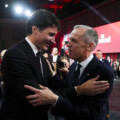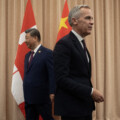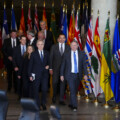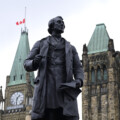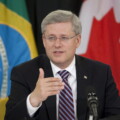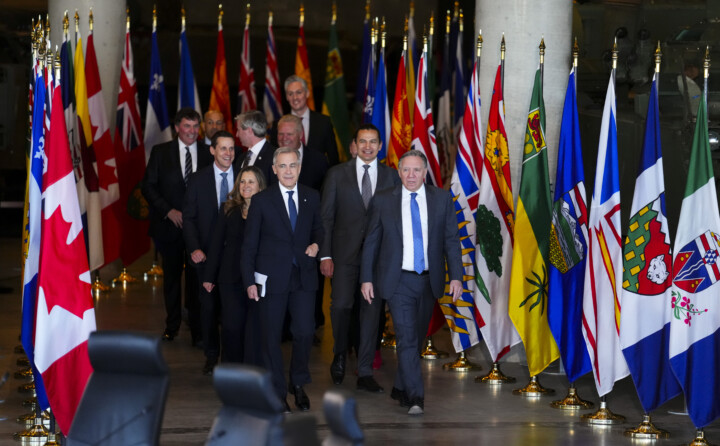In The Weekly Wrap Sean Speer, our editor-at-large, analyses for Hub subscribers the big stories shaping politics, policy, and the economy in the week that was.
The problem with the CTV story is bigger than a few stray edits
As much political attention has been paid to CTV News’s manipulation of Conservative Party leader Pierre Poilievre’s public comments in its broadcast over the weekend, it seems like there’s been insufficient focus on the underlying news story itself. The “deepfake” of Poilievre was part of a lead story (known as the A block in broadcasting) about the government’s dental care policy and its potential to influence the outcome of the next election.
As bad as the edits were, if one was charitable, you might be able to explain them away based on inexperience or insufficient staffing or whatever. Yet the decision to kick off the nightly news with a story about a possible “dental care election”—a subject that essentially no one is talking about—during a week in which Prime Minister Trudeau and his government face declining public support and other major challenges not only seems more intentional but more directly in the interests of the government.
As The Hub’s managing editor Harrison Lowman argues in a must-read essay this week, the major problem with this whole episode is that it contributes to a growing narrative that the mainstream media is comprised of journalists who are not only ideologically opposed to the Conservatives but are prepared to tip the scale against them.
How else does one explain it? In what world does CTV News staff (including its senior journalists) scan the country’s political environment and decide that dental care is the biggest issue, or think that it will be decisive in the next federal election?
The choice is clearly a highly editorialized presentation of the political facts that’s at least as manufactured as the words put into Poilievre’s mouth.
Conservatives have long argued that the news media is biased. Yet it can be a somewhat complicated argument because the bias is often subtle. What makes the manipulation of Poilievre’s words such a big deal, in fact, is that it’s a rare case where the bias is so spectacularly self-evident. Even the news media’s biggest proponents cannot deny it.



